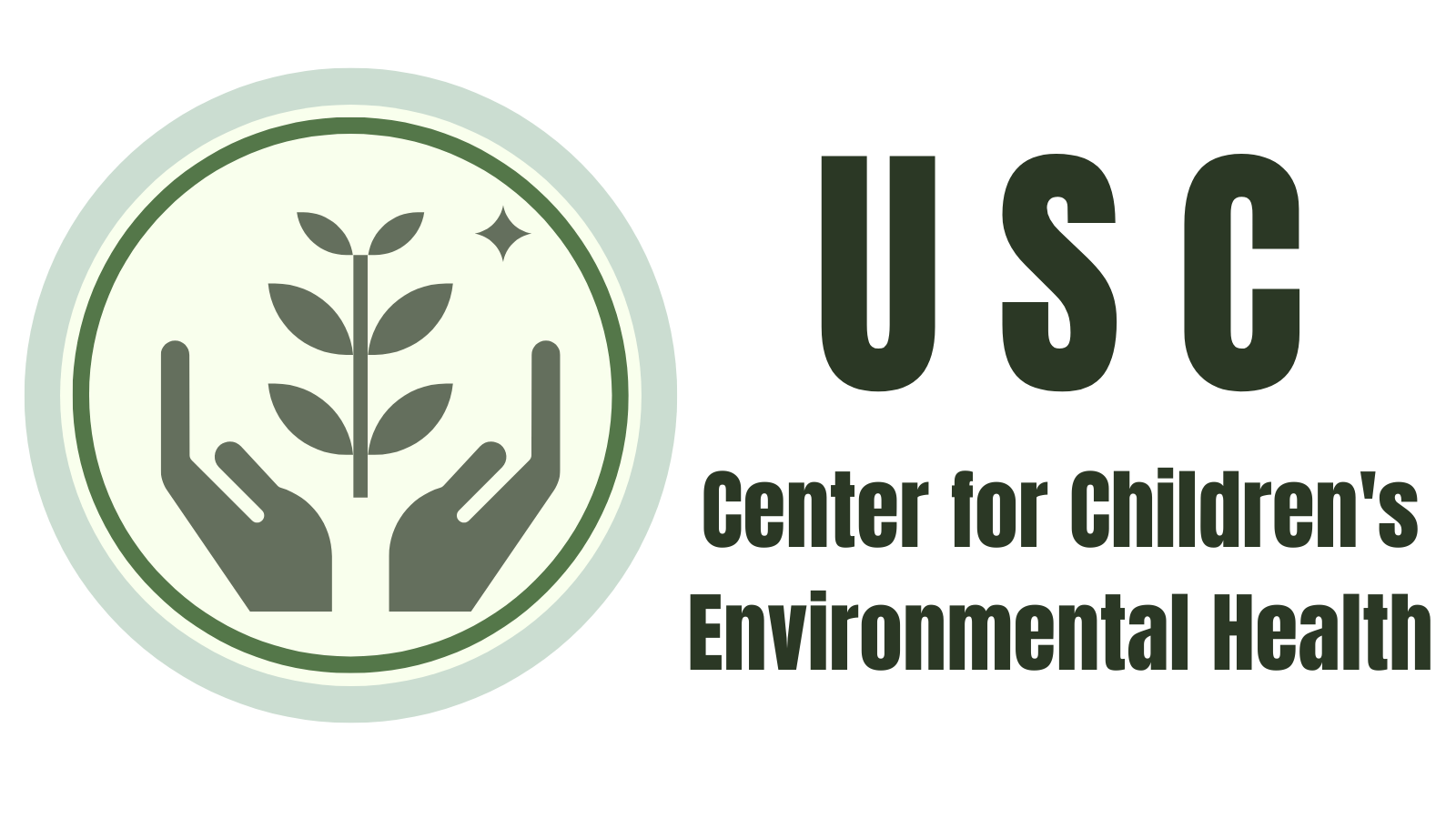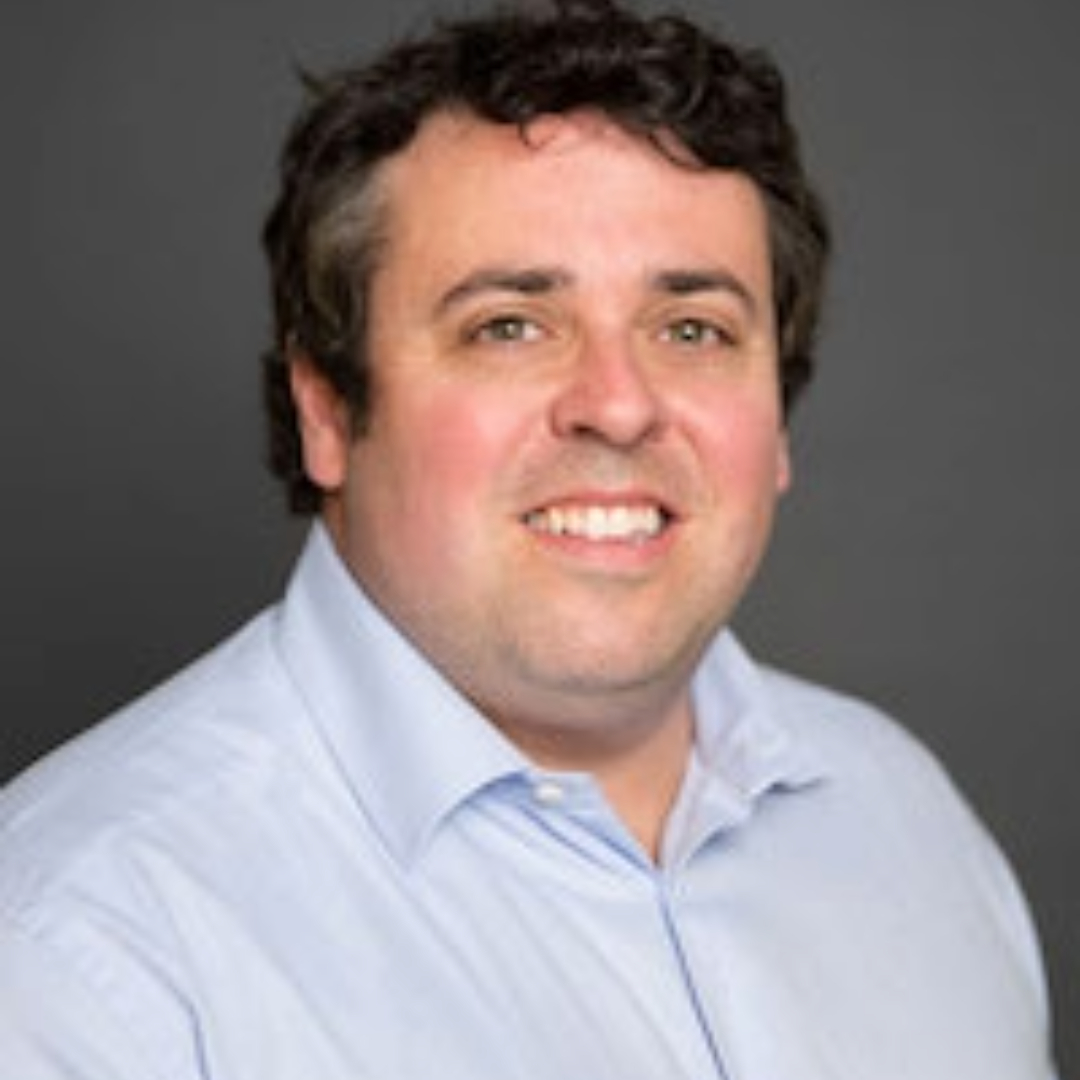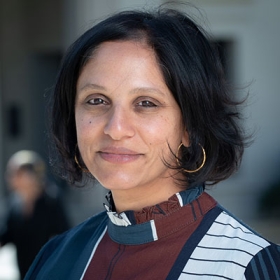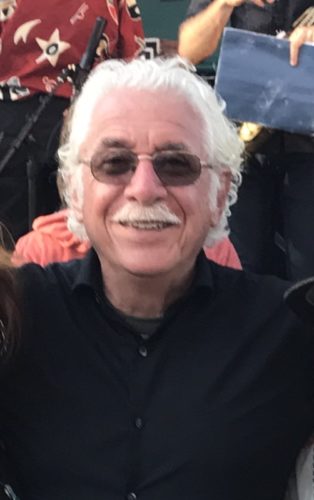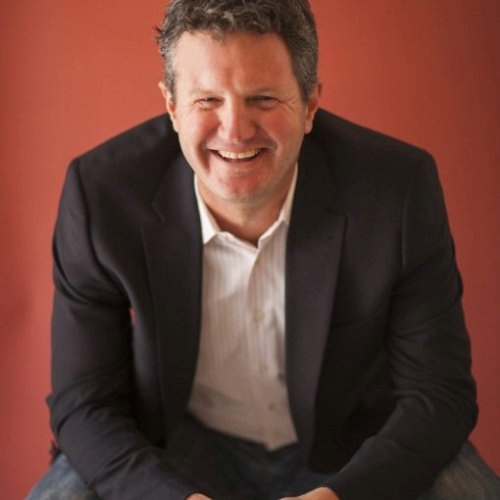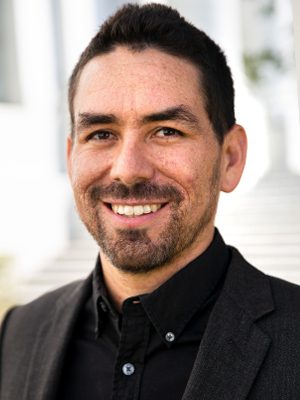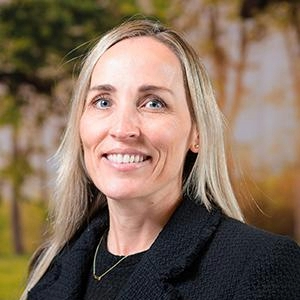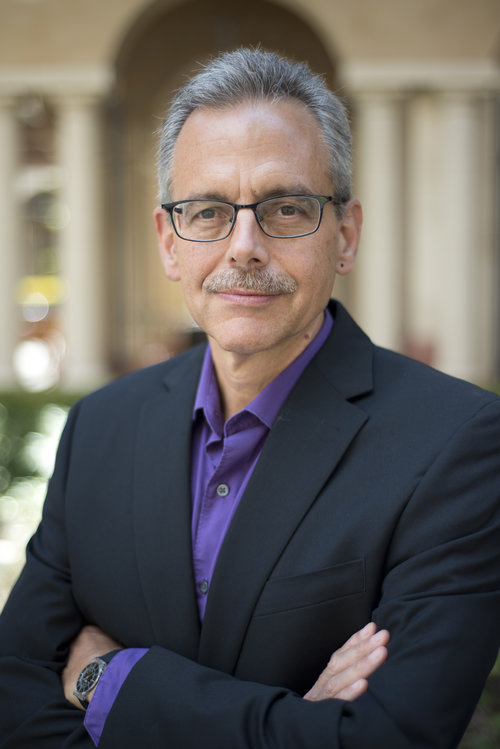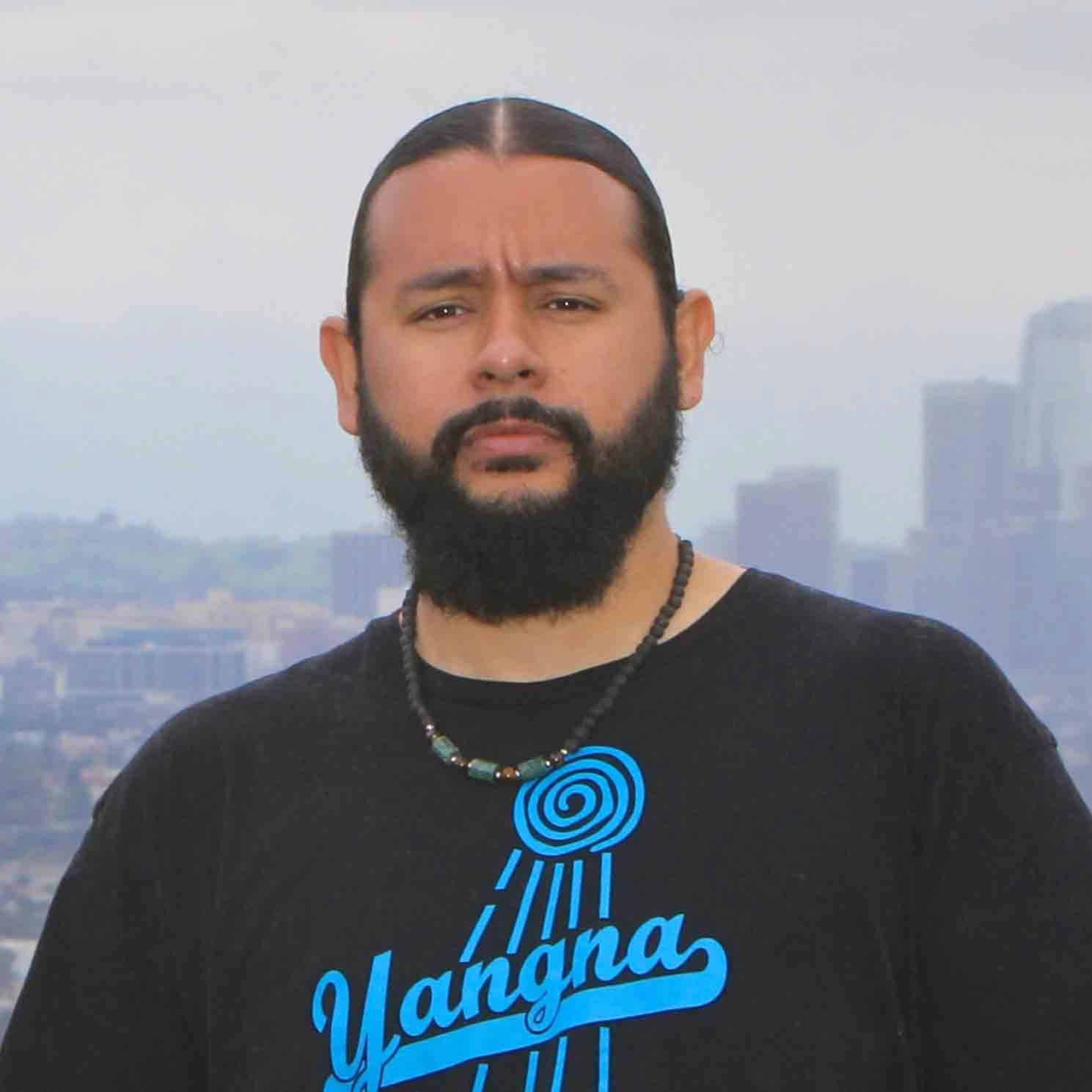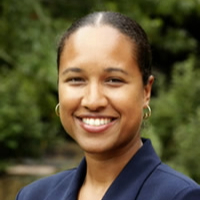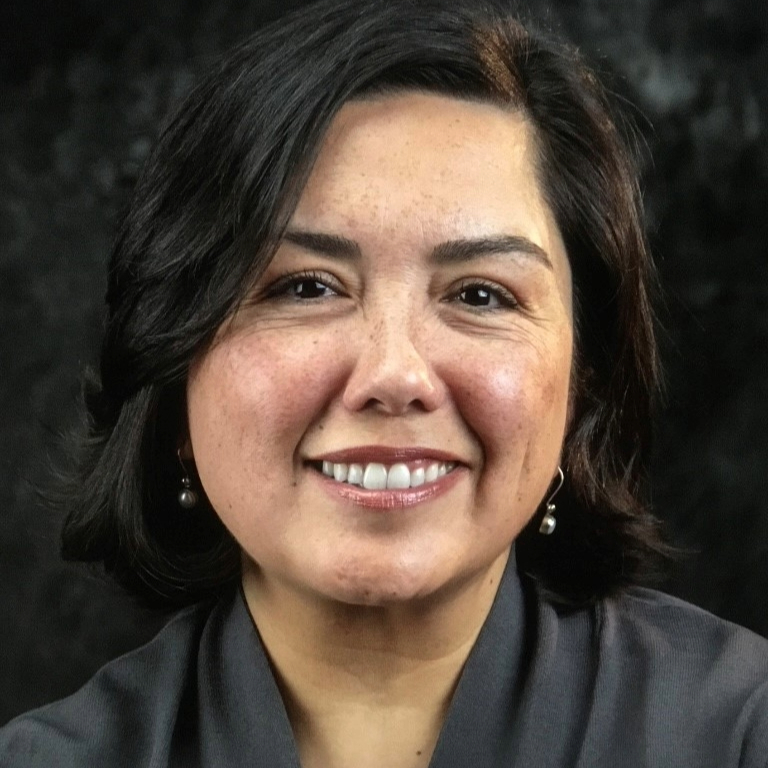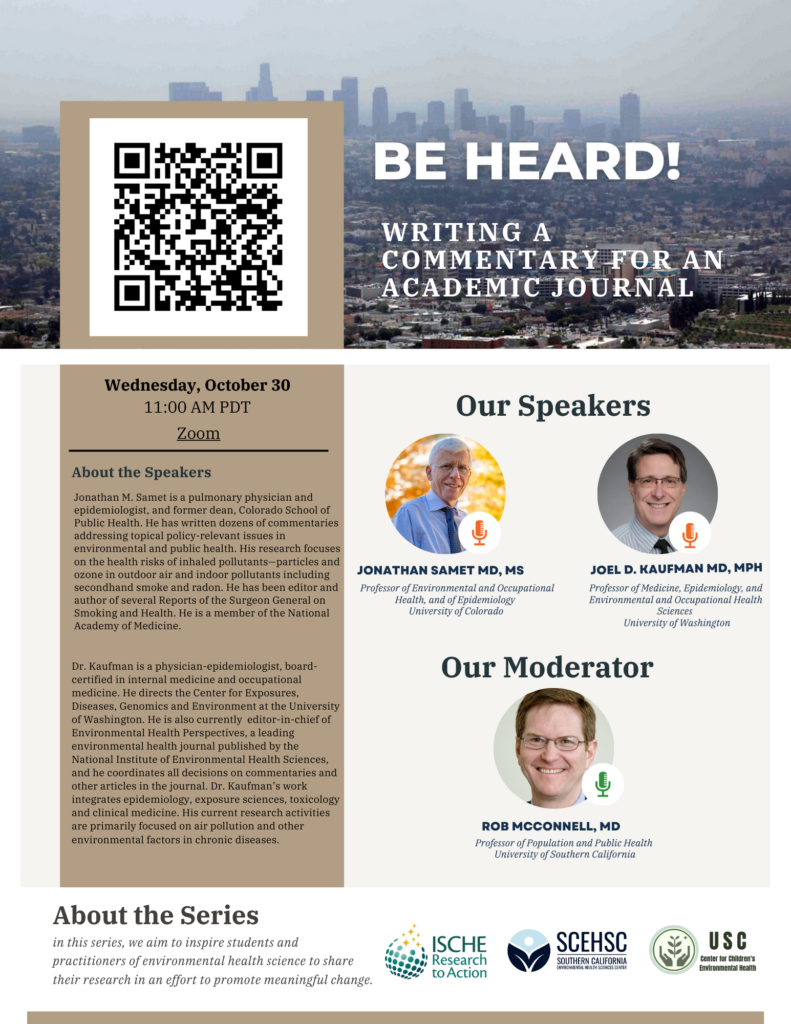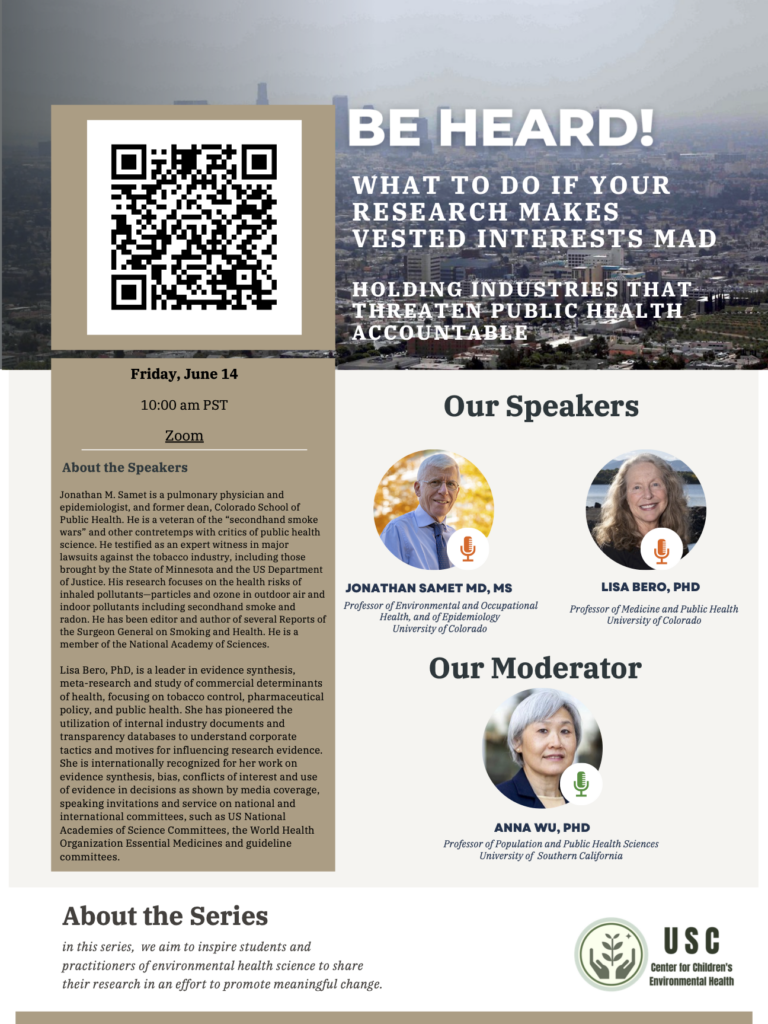- The discussion centers on a collaborative research response to the 2023 train derailment in East Palestine, Ohio, highlighting rapid mobilization, community engagement, and public health tracking efforts.
- Erin Haynes, DrPH, and Misti Allison, MPH, describe establishing a community health tracking study and advisory boards to monitor symptoms, conduct environmental testing, and address broader community health concerns. Emphasis is placed on transparent communication, multi-stakeholder collaboration, and securing diverse funding sources to support sustained research efforts.
